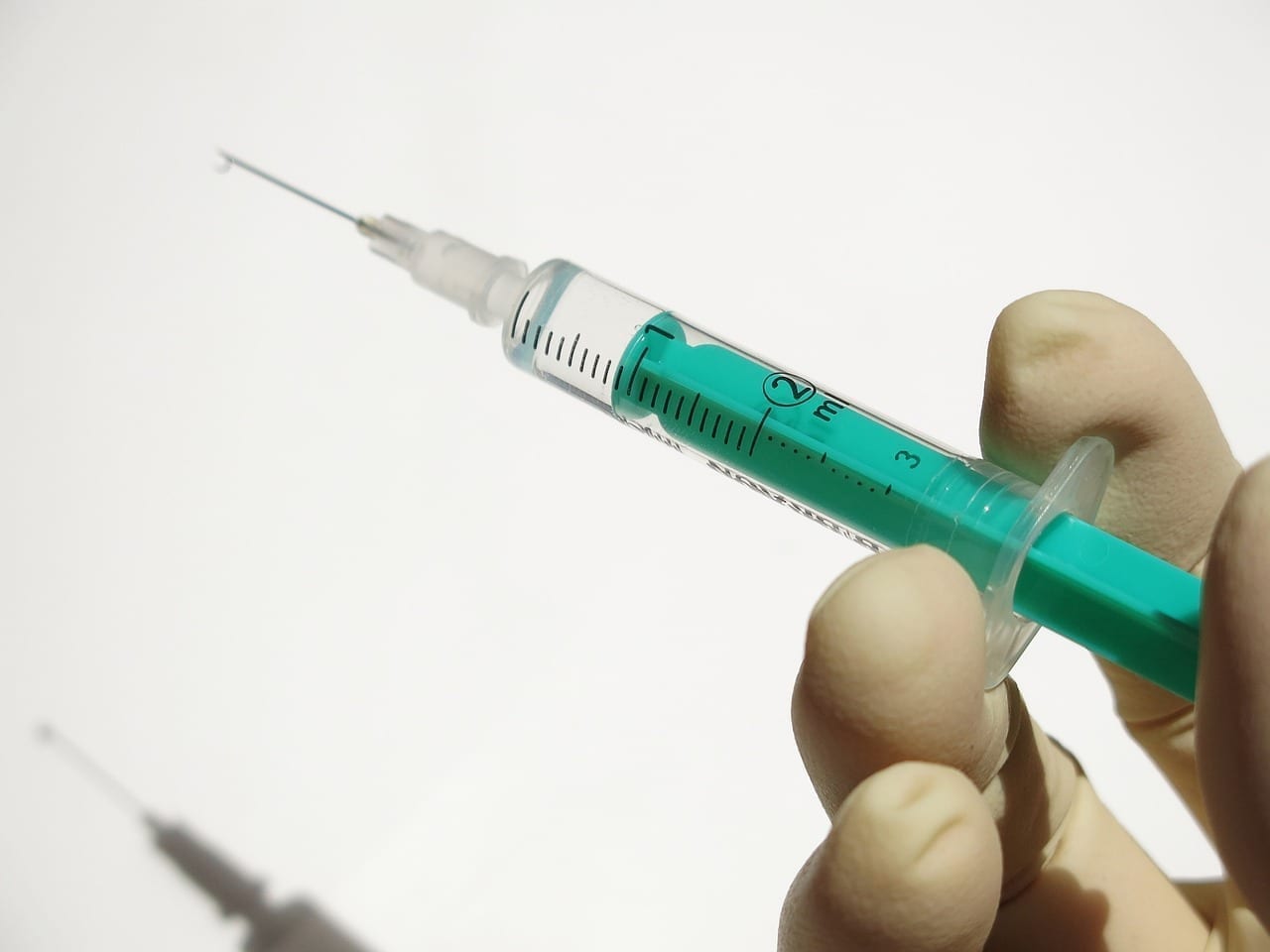State prisons across America are abandoning their healthcare obligations to at least 144,000 inmates diagnosed with Hepatitis C nationwide.
Hepatitis C, writes The Washington Post, is a curable but potentially fatal liver disease. The conclusion came as part of a survey offered to state corrections departments.
Many of the 49 states which partook in the series of surveys and interviews cited high drug prices as the reason for denying treatment. The drugs, notes the Post, can cost up to $90,000 to procure and administer. As a consequence, roughly 97% of inmates diagnosed with Hepatitis C aren’t receiving long-lasting relief.
“It doesn’t make sense now that we have the effective cure available,” said Dr. Raymond Chung, director of Hepatology and the Liver Center at Massachusetts General Hospital. Chung formerly served as co-chair on a hepatitis vaccination panel, which recommended treatment to everyone diagnosed with the disease’s chronic variant.
State prisons, says the Post, house an estimated 1.3 million inmates—the largest population in the United States. Detainees are particularly vulnerable to diseases like Hepatitis C considering the proximity and risks of confinement. Unsafe use of needles, razors and toothbrushes lends to the incarcerated suffering infection rates substantially higher than those found within the general population. That could be due, in part, to the large number of prisoners locked up for drug offenses.
In Florida, treatment was denied to 181 inmates who met the state’s own criteria for receiving care.
“The Department is committed to ensuring all inmates in our custody are provided medically necessary treatment that is in line with national standards and our constitutional responsibilities,” said Ashley Cook, the state’s corrections press secretary.

Gilead, a pharmaceutical company which manufactures Hepatitis C inoculations, justified its drugs high cost in relation to the price of less effective medication.
“Gilead provides public and private payers substantial discounts and is committed to working with individual state departments of corrections to help ensure patients receive the treatments they need,” said Gilead public affairs director Mark Snyder.
Pills put out by Gilead have a 95% cure rate and cost $90,000—about $20,000 more than their slightly less-effective precursors.
Even with a discount, HCV drugs can still cost around $50,000 per course per inmate. Brandon Sis, senior pharmacist for correction at the Minnesota Multistate Contracting Alliance for Pharmacy, said state prions are offered further reductions.
By 2017, pharmaceutical companies were offering Hepatitis C vaccinations to corrections departments for about $25,000 per course per inmate.
“This is a treatable condition. No one should die from HCV,” said Michael Ninburg, president of the World Hepatitis Alliance.
But inmates like Berry Michaelson, a former Minnesota convict interviewed by the Post, said he could feel his health deteriorating throughout his sentence. He suffered frequent headaches and was covered in white lesions and hard bumps—complaints voiced by other inmates.
“We’re sick,” said Michaelson, “and they’re doing nothing about it.”
Sources
Hepatitis C Drugs Save Lives, but Sick Prisoners Aren’t Getting Them
State Prisons Fail To Offer Cure To 144,000 Inmates With Deadly Hepatitis C


Join the conversation!